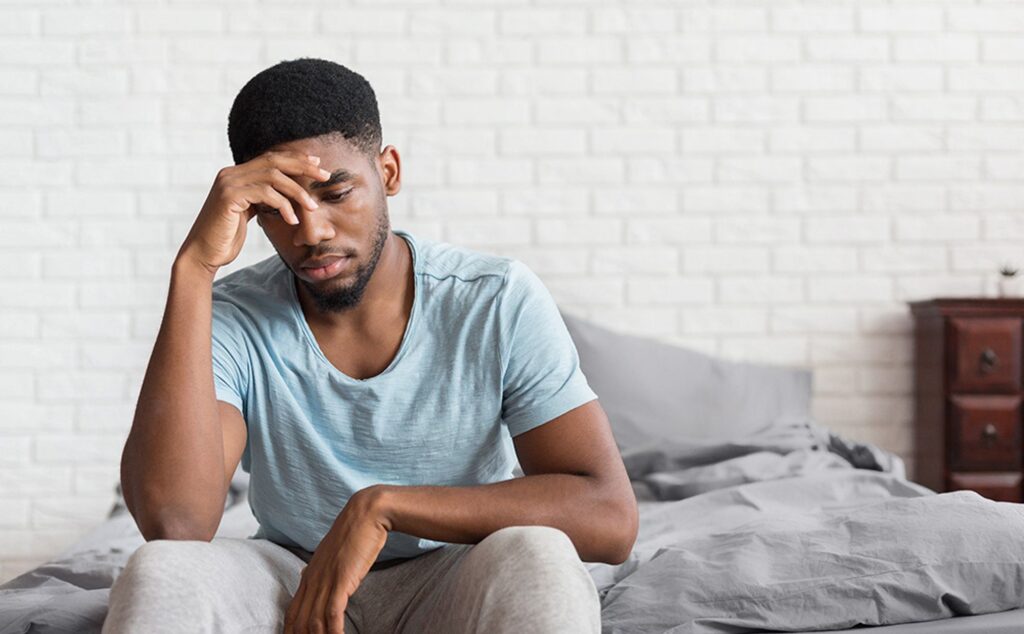
Like many health-related racial disparities, Black people are disproportionately impacted by sleep conditions, research shows. And while white Americans are laying in bed losing sleep, it’s most often about job security. (1) A recent study shows that Black people are losing sleep over police violence.
New findings published in JAMA Internal Medicine from researchers at the University of Pennsylvania determined that non-Hispanic Black people were more likely than non-Hispanic white people to report short sleep (less than 7 hours) or even very short sleep (less than 6 hours) after exposure to officer-involved killings of unarmed Black people. (2) They further conclude that this issue could be associated with racial disparities in sleep health in general.
Researchers examined two separate sets of data from the US Behavioral Risk Factor Surveillance Survey and the American Time Use Survey, as well as the Mapping Police Violence database. The respondents didn’t have to witness the violence personally, but rather were considered “exposed” if they’d seen media coverage or had other awareness of the events. Black respondents had a statistically significant increased chance of having shorter sleep when the violent act was in their own state, during the first two 90-day periods prior to the interview.
The results clearly reveal the disparity between how each race is impacted by police violence — in one data set, nearly 46 percent of Black respondents had shorter sleep, versus almost 33 percent of white respondents. For very short sleep, the results were around 18 percent and 10 percent.
In addition to these findings on insomnia after police violence, Black Americans are at a higher risk for conditions like Obstructive Sleep Apnea, and face issues with underdiagnosis, preventing treatment in some cases.
The study’s lead author, Atheendar S. Venkataramani, MD, PhD, an associate professor of Medical Ethics and Health Policy, commented on the findings in a press release by UPenn.
“These findings show that poor sleep health is another unfortunate byproduct of exposure to these tragic occurrences. Exposure of Black Americans to police violence — which disproportionately effects Black individuals—adversely impacts sleep health of these individuals, a critical keystone that further impacts our mental, physical, and emotional well-being.”
The study adds to what researchers already know about how structural racism plays a significant role in sleep disparities between races. They call for deeper investigation and “evidence-based institutional reforms” to eliminate these types of killings and other types of biased policing. That’s something no sleeping pill is going to fix.
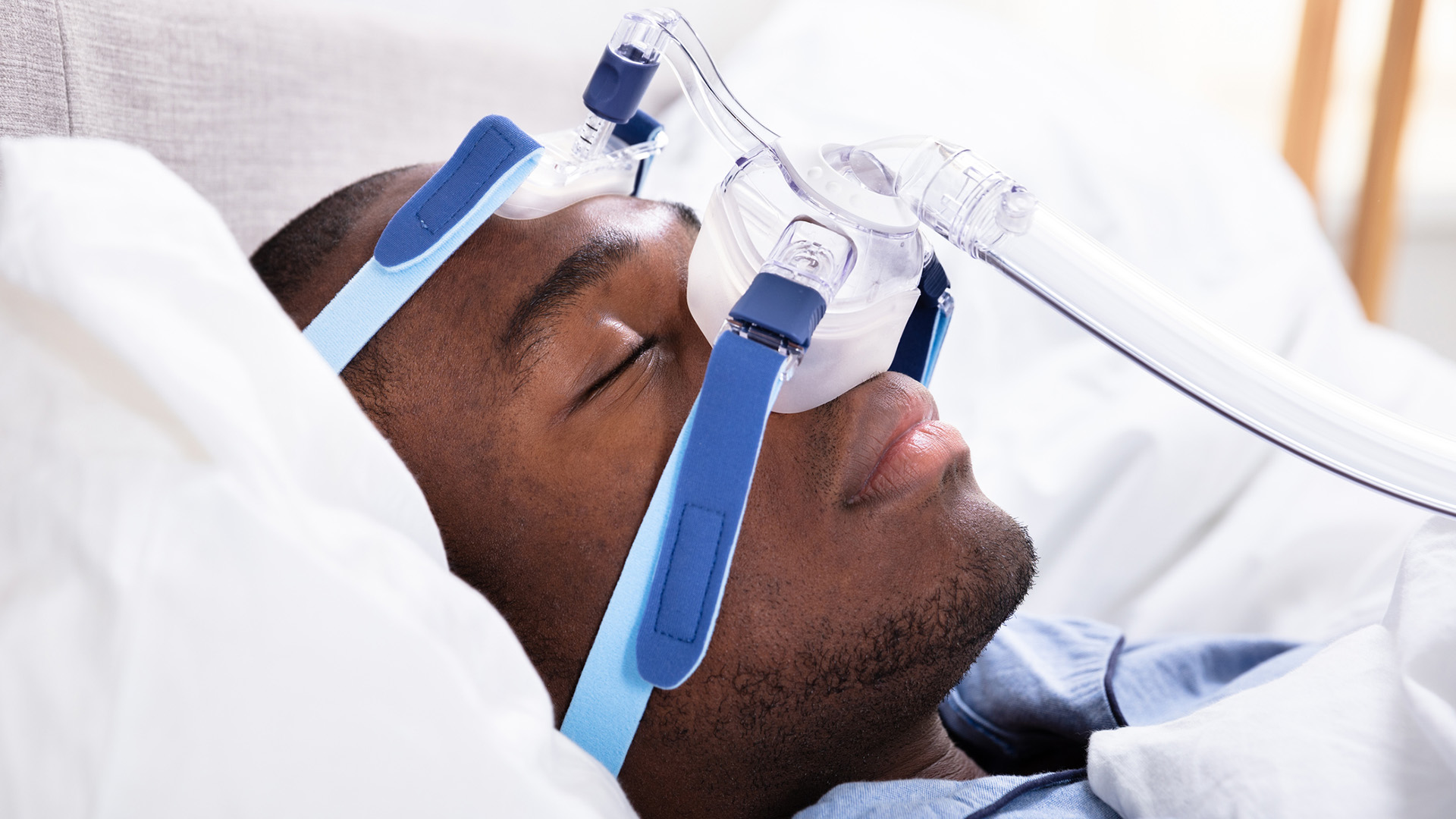
All May Not Be Equal in Sleep Apnea Research: New Data Shows Black Patients May Be Underrepresented
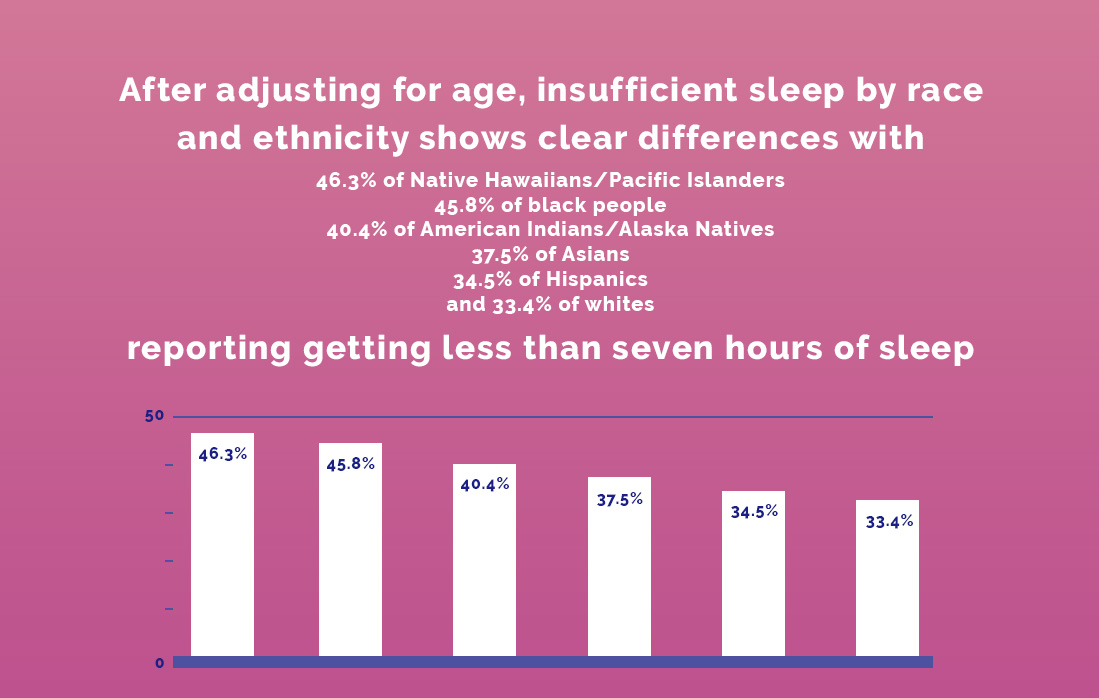
Sleep Inequality Statistics and Facts
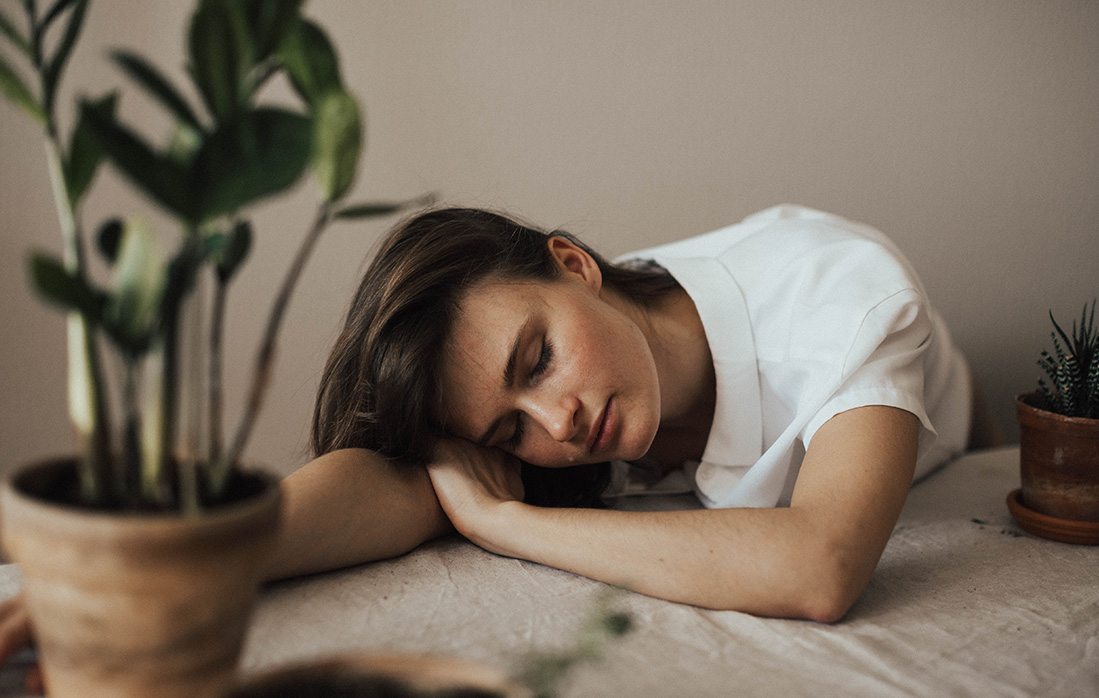
Study Shows One Sleep Chronotype May Actually Earn Less at Work: Here’s What to Know
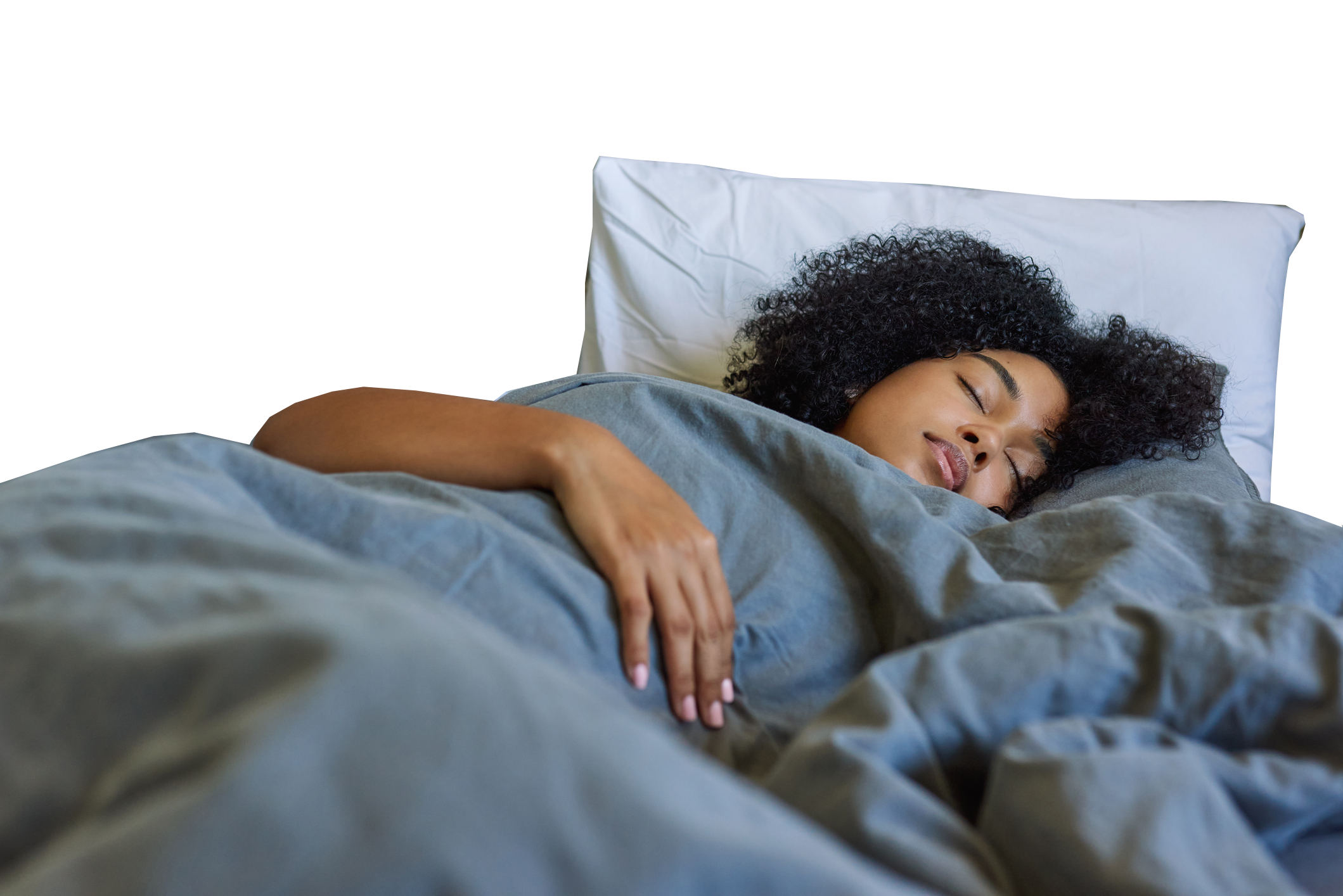
American Heart Association Adds Sleep Duration to Health Essentials List
Sources
1. Statista, “Unemployment rate in the United States in 2022, by ethnicity,” https://www.statista.com/statistics/237917/us-unemployment-rate-by-race-and-ethnicity/; January 2023.
2. Venkataramani AS, Bair EF, Bor J, et al. Officer-Involved Killings of Unarmed Black People and Racial Disparities in Sleep Health. JAMA Intern Med. Published online February 05, 2024. doi:10.1001/jamainternmed.2023.8003